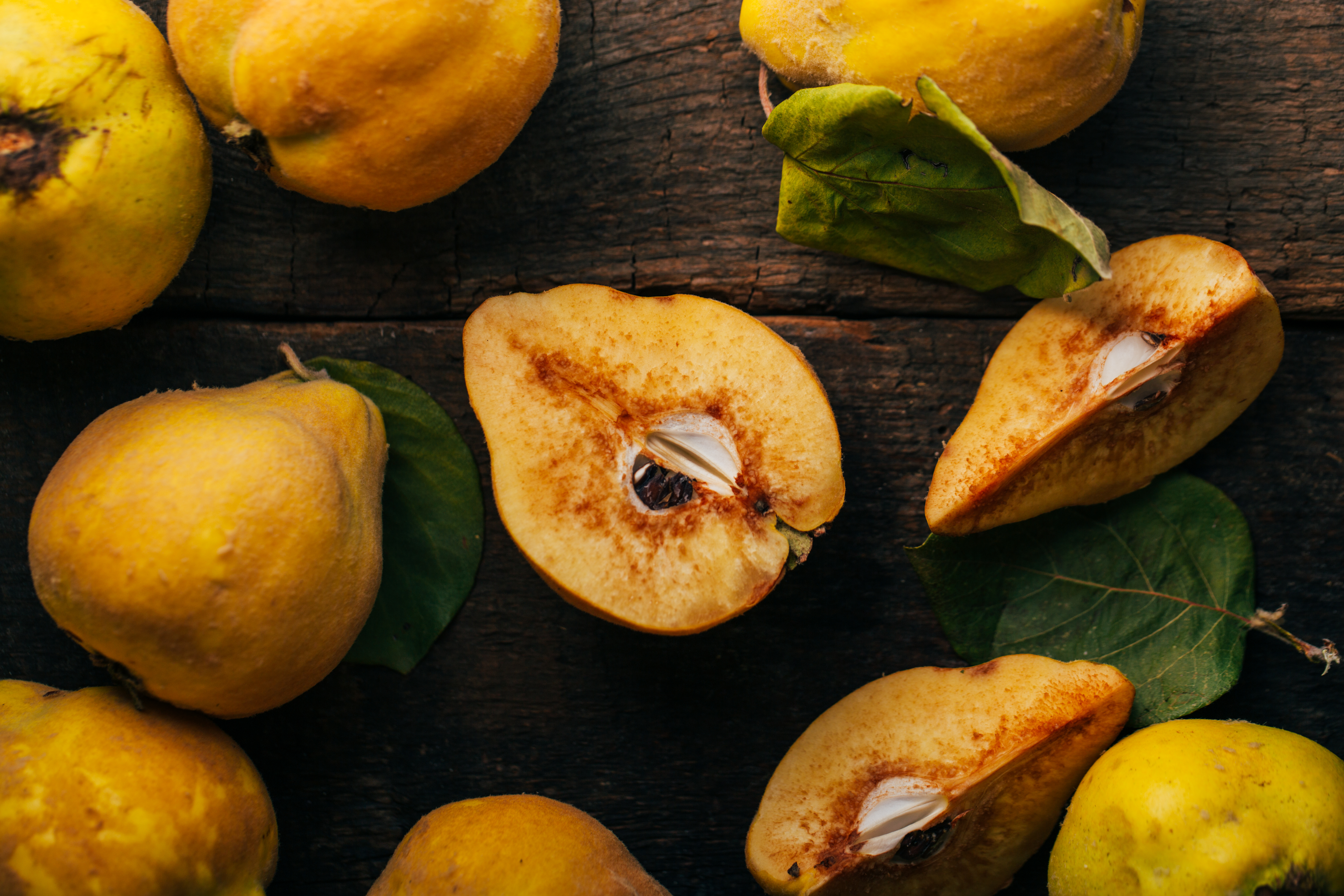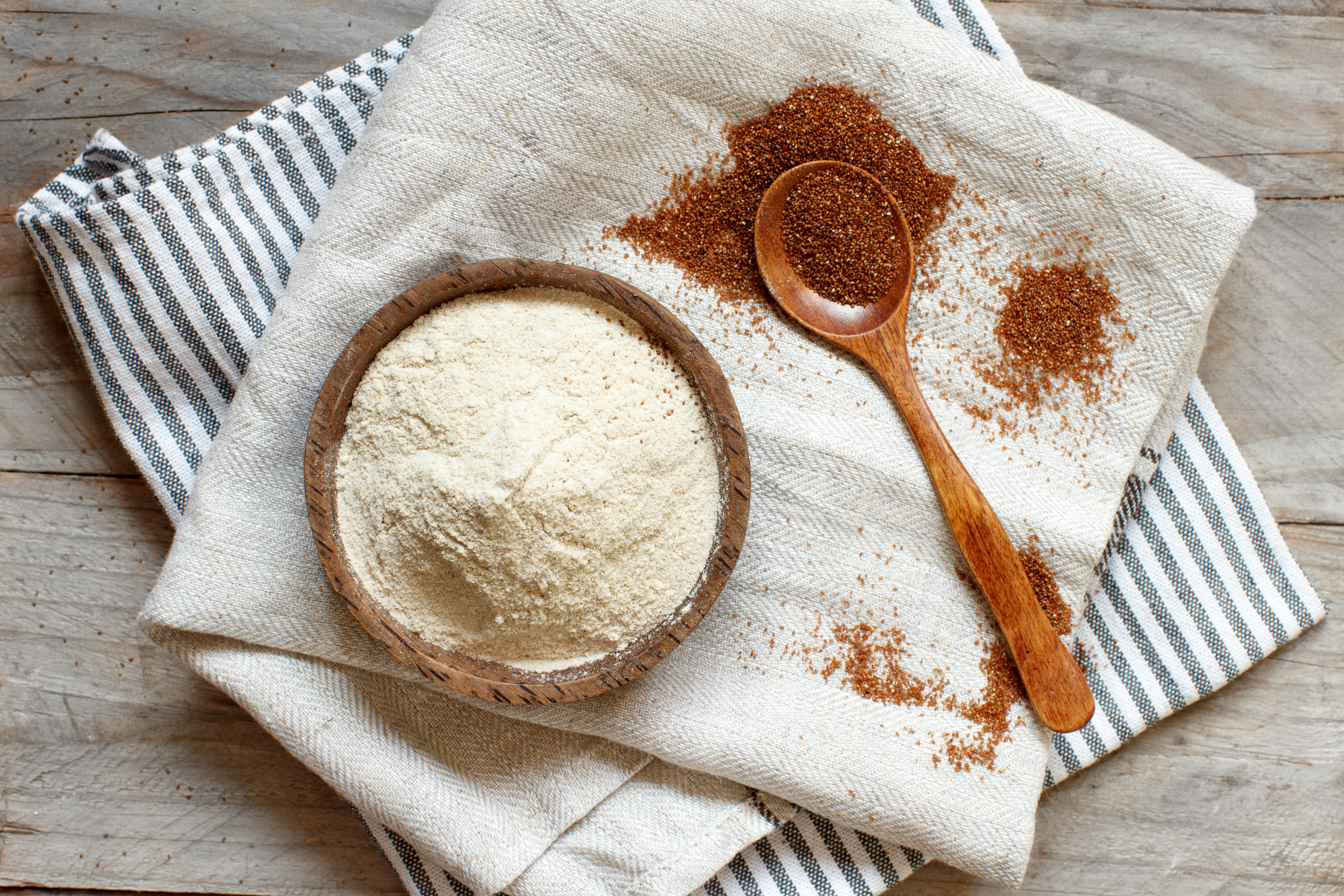Anti-Inflammatory Superfoods to Add to Your Shopping List
43. Quince: The Fiber-Rich Fruit

This often-overlooked fruit, related to apples and pears, has a unique flavor profile and offers a range of health benefits when cooked. Unlike many fruits that are enjoyed raw, quince is typically cooked before consumption, which enhances its flavor and softens its firm texture. Quince is a good source of both soluble and insoluble fiber, which contribute to gut health by promoting regular bowel movements and supporting the growth of beneficial gut bacteria. The polyphenols in quince, including flavonoids and tannins, possess significant antioxidant and anti-inflammatory properties. These compounds help to protect cells from damage caused by free radicals and reduce inflammation throughout the body. Enjoy cooked quince in baked goods, stews, or as a compote for a unique and flavorful way to boost your anti-inflammatory intake.
44. Teff: The Gluten-Free Grain

This tiny, gluten-free grain, a staple in Ethiopian cuisine, is a nutritional giant that offers a wealth of health benefits. Despite its small size, teff is exceptionally high in fiber, resistant starch, and iron, making it a valuable food for promoting both digestive and overall health. The high fiber content in teff helps to regulate digestion, prevent constipation, and promote the growth of beneficial gut bacteria. Resistant starch, a type of fiber that resists digestion in the small intestine, acts as a prebiotic, feeding the gut microbiome and further supporting gut health. A healthy gut microbiome is essential for regulating inflammation and maintaining a strong immune system. Teff's iron content is also notable, making it a good choice for preventing iron deficiency and supporting energy levels.
